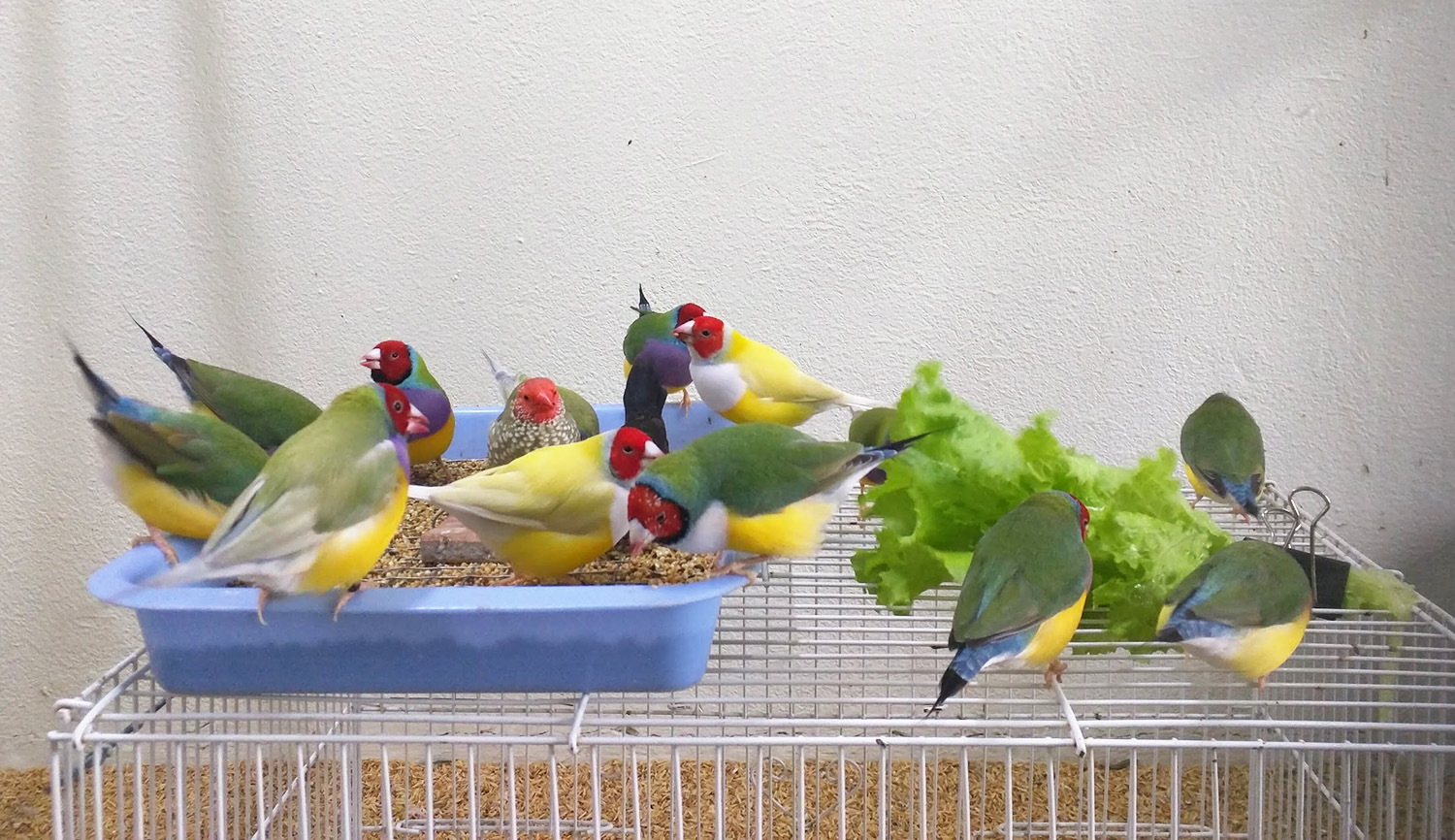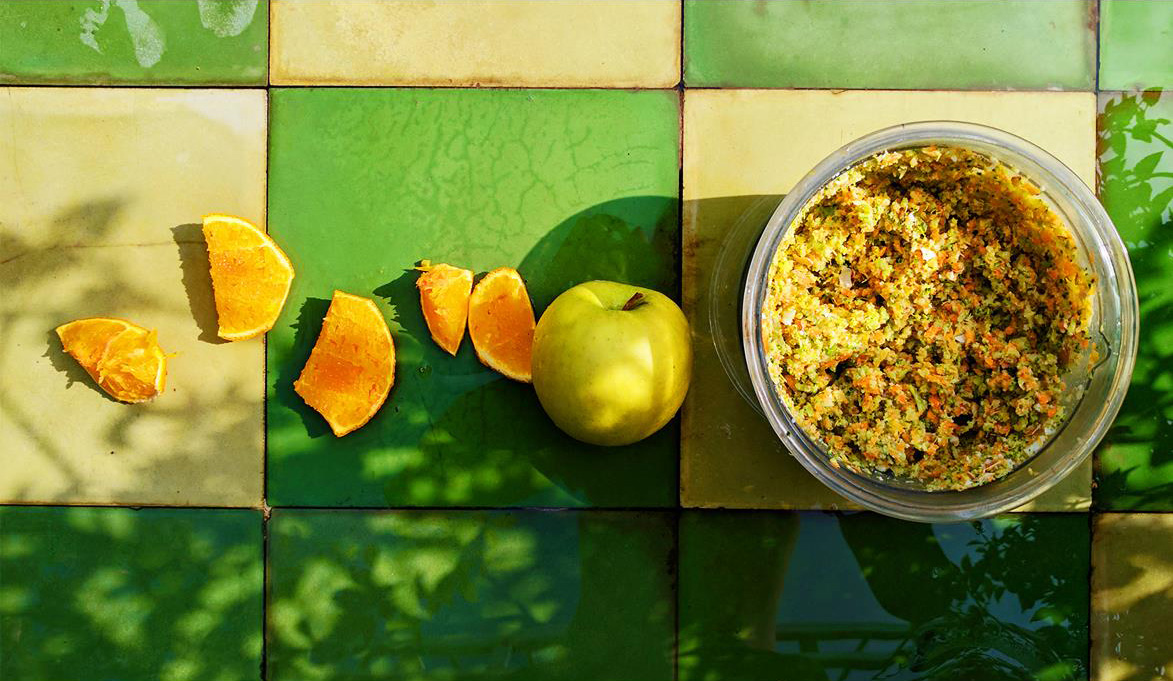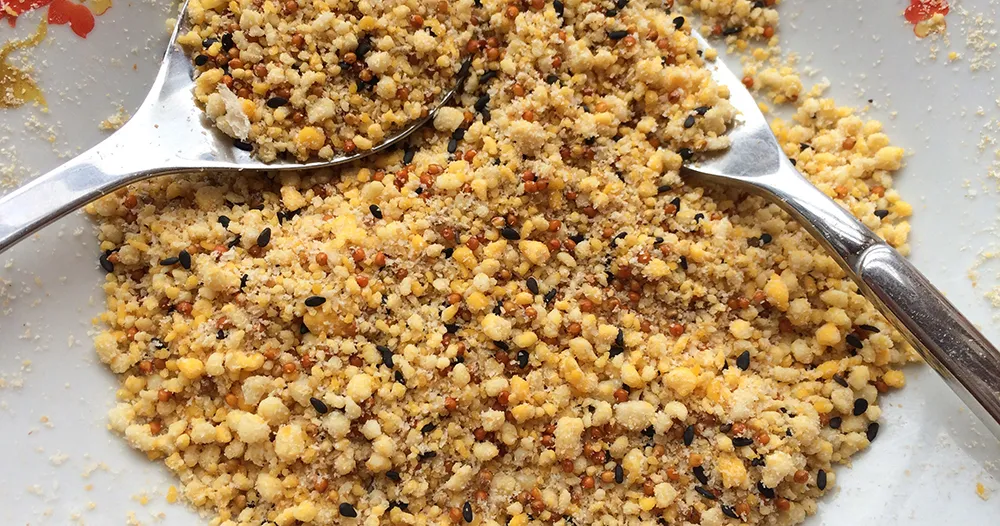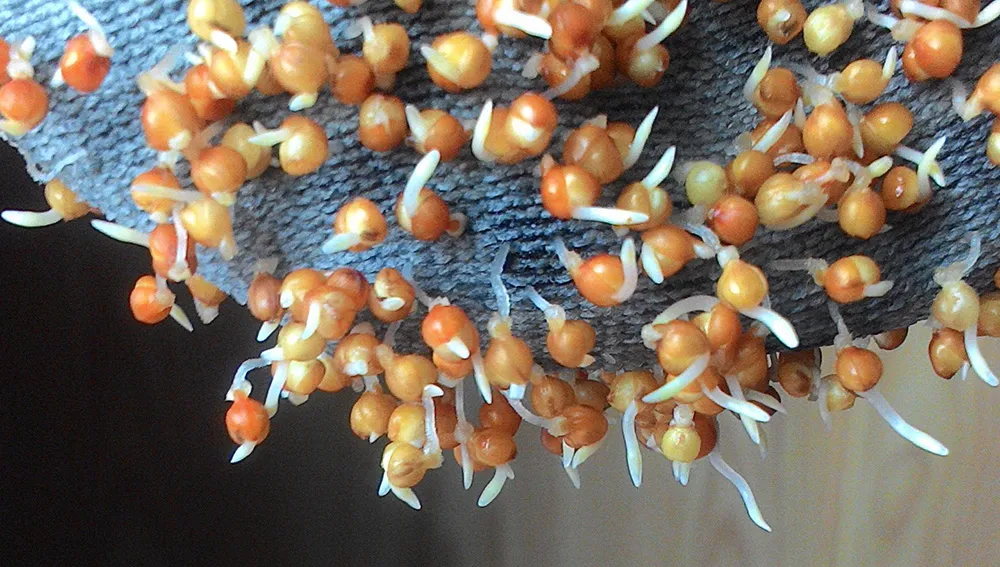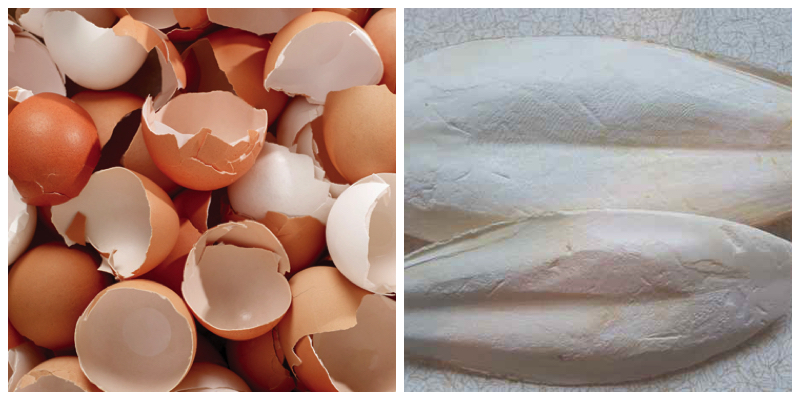
Unlocking the Secrets of Calcium for Healthy Captive Birds
By longnkp / Aug 07 2024 / Nutrition
Hello, fellow bird enthusiasts!
Over the years, I've had the pleasure of raising pet birds and advising many customers and friends about various issues that arise with their feathered companions. One recurring theme is the health of female birds and their persistent struggle with calcium deficiency. Despite diligent efforts to supplement their diets with calcium sources like eggshells and cuttlefish bones, these problems persist. So, why does this happen? Let's delve into the intricacies of calcium absorption in pet birds and explore practical solutions to ensure our birds thrive.
The Importance of Calcium for Pet Birds
Calcium is an essential mineral that plays a crucial role in the overall health and well-being of birds. It's vital for bone formation, eggshell production, muscle function, and nerve transmission. For female birds, particularly during the breeding season, adequate calcium levels are paramount. Insufficient calcium can lead to a range of health issues, from poor bone health to reproductive problems.
Common Issues from Calcium Deficiency
Calcium deficiency in birds can manifest in various ways, affecting their health and quality of life. Some common issues include:
- Weak Bones: Birds with calcium deficiency often develop weak and brittle bones, leading to fractures and deformities.
- Egg Binding: Female birds may struggle to lay eggs, a condition known as egg binding, which can be life-threatening if not addressed promptly.
- Soft Eggshells: Calcium-deficient birds may lay eggs with soft or thin shells, increasing the risk of breakage and reducing the chances of successful hatching.
- Poor Muscle Function: Calcium is crucial for muscle contractions. Deficiency can result in muscle weakness, tremors, and difficulty in flying.
- Neurological Issues: In severe cases, calcium deficiency can affect the nervous system, leading to seizures or paralysis.
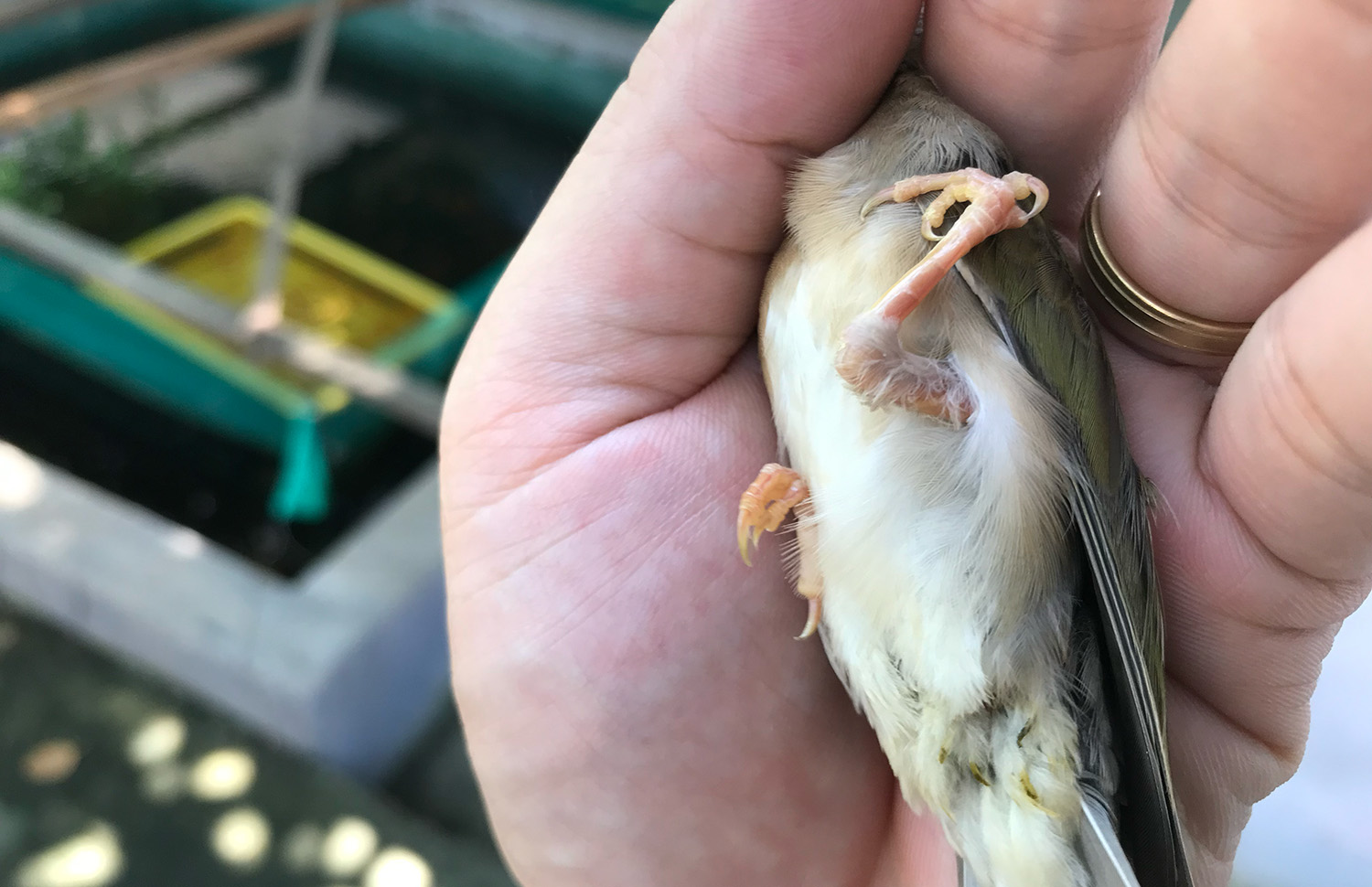
The chick's legs are weak and deformed due to calcium deficiency
The Role of Calcium in Bird Physiology
Understanding the importance of calcium goes beyond recognizing its functions; it's about comprehending how integral it is to every aspect of a bird's physiology. In birds, calcium is stored primarily in the bones and is released into the bloodstream as needed. This dynamic process ensures that critical bodily functions, such as muscle contraction and eggshell formation, have a steady supply of calcium.
During the breeding season, female birds experience increased calcium demand for eggshell production. The calcium reserves in their bones are mobilized to meet this need. If their diet doesn't provide sufficient calcium, or if they can't absorb it efficiently, these reserves become depleted, leading to the aforementioned health issues.
The Complex Mechanism of Calcium Absorption in Birds
Understanding how birds absorb calcium requires a bit of a deep dive into their physiology. When birds consume calcium, it passes through their digestive system to the small intestine, where absorption occurs. However, this process is highly dependent on vitamin D3. Vitamin D3 enhances calcium absorption by stimulating the production of calcium-binding proteins in the intestinal lining. These proteins transport calcium from the intestine into the bloodstream.
But here’s the catch: birds synthesize vitamin D3 through exposure to ultraviolet (UV) light, typically from sunlight. In captivity, many birds don’t get enough direct sunlight, leading to insufficient vitamin D3 levels. This insufficiency hampers calcium absorption, regardless of how much dietary calcium they receive.
The calcium-to-phosphorus ratio in a bird’s diet significantly influences calcium absorption. An excess of phosphorus can inhibit this process, leading to deficiencies. Moreover, the form of calcium provided plays a crucial role. Solid forms, such as calcium carbonate, are generally less readily absorbed than liquid forms. Consequently, liquid calcium supplements can be more effective, especially for birds with compromised digestion or those recovering from illness. Additionally, environmental stress and certain health conditions can impact calcium metabolism. Birds experiencing stress or suffering from specific diseases may have disrupted digestion, resulting in poor nutrient absorption.
Practical Solutions for Optimal Calcium Absorption
Ensuring your birds get enough calcium requires a multifaceted approach. Here are some effective strategies:
- Provide Adequate UV Light: If possible, allow your birds to spend time outdoors in natural sunlight. Alternatively, use UVB lighting specifically designed for birds to mimic natural sunlight exposure.
- Choose High-Quality Calcium Supplements: Opt for calcium sources that are easily absorbed, such as liquid calcium supplements or calcium gluconate. Consult with an avian veterinarian for recommendations.
- Balance the Diet: Ensure your bird's diet has an appropriate calcium-to-phosphorus ratio. Avoid over-reliance on seeds, which are often high in phosphorus, and incorporate a variety of foods, including leafy greens and fortified pellets.
- Use Vitamin D3 Supplements: In cases where natural sunlight exposure is limited, consider using vitamin D3 supplements. These can help improve calcium absorption, but should be used under veterinary guidance to avoid toxicity.
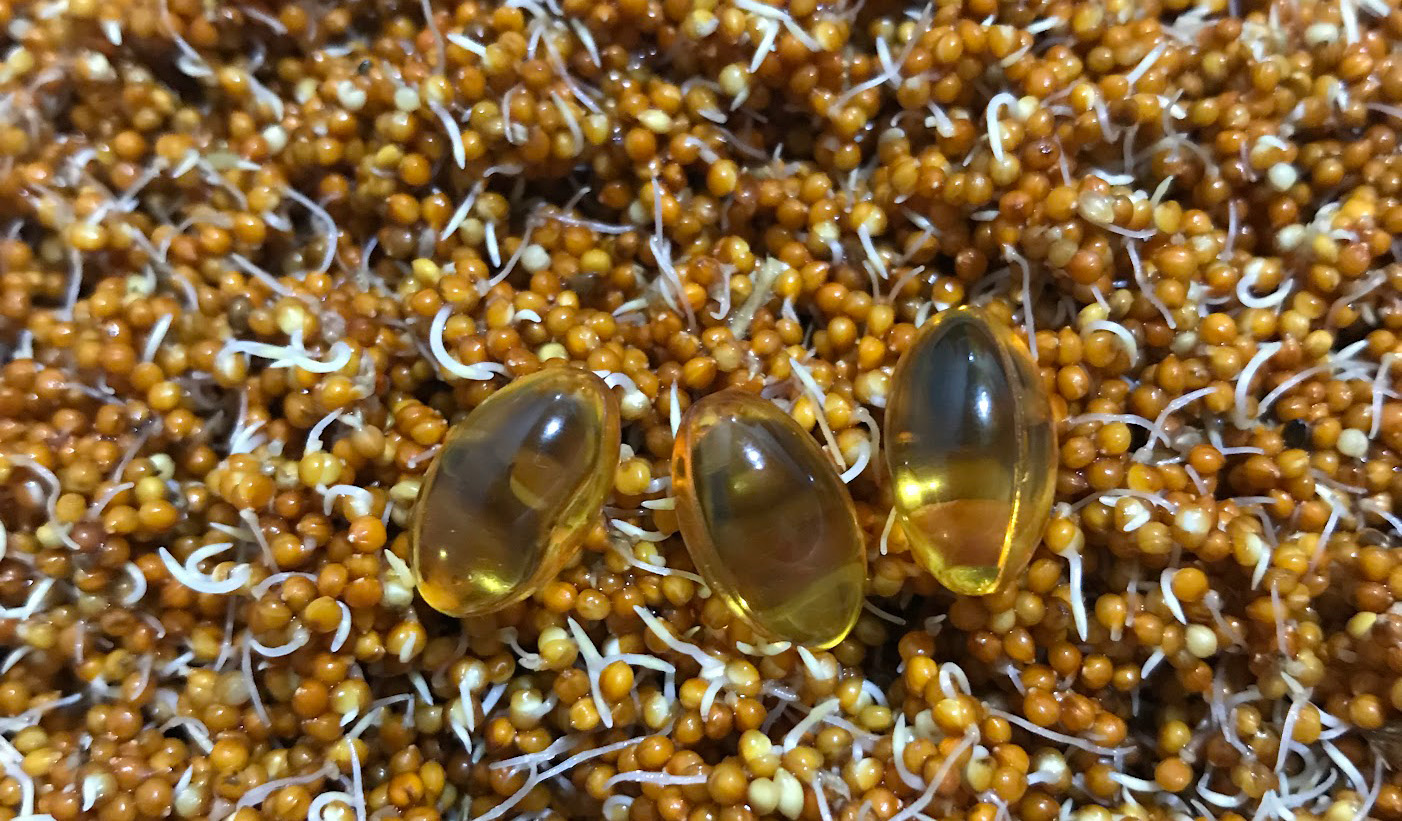
I use cod liver oil mixed with sprouted seeds as a natural way to supplement Vitamin D3 for my birds.
Conclusion
Calcium is a cornerstone of avian health, and understanding its significance and absorption mechanisms can make a world of difference in the lives of our pet birds. By providing proper UV light exposure, choosing high-quality supplements, balancing their diet we can help our feathered friends thrive and avoid the pitfalls of calcium deficiency.
Thank you for joining me on this journey into the world of bird care. Let's continue to share knowledge and support each other in raising happy, healthy birds. If you have any questions or experiences to share, feel free to leave a comment below. Happy bird keeping!
Relative Posts
Recent Posts
- Unlocking the Secrets of Calcium for Healthy Captive Birds
- Hand Feeding Finches
- Why Parents Toss Chicks and How to Help
- Fostering Finches: Ensuring the Survival of Your Feathered Friends
- Sunshine and Finches: A Guide for Indoor Bird Keepers
- Air Sac Mites in Finches: Understanding, Preventing, and Treating
- Introducing New Foods to Your Finch
- Homemade Finch Food Recipes
- Choosing Breeding Gouldian Finch Pairs
- How to Choose a Nest Box for Your Finches

